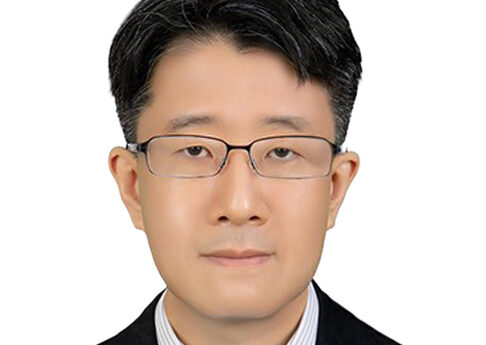2017/09/28
BDA’s Andrew Huntley speaks to S&P Global Market Intelligence about Asian Healthcare M&A
September 27, 2017
S&P Global Market Intelligence
By Jonathan Chan, Healthcare Reporter
➤ Strong appetite for M&A deals from both financial investors and corporates in Asia
➤ Greater westbound activity with companies in Asia looking for overseas deals
➤ Sustained growth over the next five years, supported by fundamentals such as aging population, growth of discretionary spending,
and government support
Andrew Huntley is a senior managing director at BDA Partners, an investment banking company advising cross-border
M&A, capital raising, and restructuring, with healthcare as one of its core sectors of focus. In June, BDA advised
Olympus Partners in the sale of its pharmaceutical company, The Ritedose Corp., to AGIC Capital and Humanwell
Healthcare (Group) Co.Ltd. In 2010, BDA Partners also advised Pfizer Inc.’s divestment of its animal vaccine business in
China as a condition for the government’s approval of Pfizer’s merger with Wyeth.
Huntley spoke to S&P Global Market Intelligence about the current M&A environment in Asia’s healthcare sector. The
conversation has been edited and condensed for brevity and clarity.
S&P Global Market Intelligence: What is the current M&A environment like for the healthcare sector in Asia?
Andrew Huntley: It is very strong but it differs from market to market. We see appetite from both corporates and private
equity investors to be very robust at the moment, so robust that valuations are quite high. In China, valuations are as high
as anywhere else in the world, which indicates a lot of investor demand in the sector. There is a very significant amount of
financial capital from investors that is targeted at the healthcare sector. That tells me appetite is going to remain strong and
valuations will remain high because there will be competition for good assets.
The corporates in China are also seeking ways to grow both domestically and internationally. In Korea, we have seen very
little cross-border M&A. There is more domestic investment into the biologics space by players such as Celltrion Inc. and
Samsung. In Japan, we are seeing growth in pharmaceuticals, outsourced services such as contract research and
contract manufacturing organizations, and medical devices and technology. In India, we are seeing a resurgence in interest
in contract research and manufacturing services from private equity.
What is the current balance between eastbound and westbound cross-border deal activity?
Broadly speaking, Asia to the West is bigger at the moment, primarily driven by the appetite among Asian corporates and investors for technology which they have not developed themselves, such as those for developing novel drugs or advanced medical devices. Conversely from the West to the East, the strategic driver is market access to Asian markets. Although there is desire from the West, overall there is less successful traffic for investing and making acquisitions in the East because penetrating these markets can be challenging.
What role do governments play in supporting outbound deals toward the West?
In China, the government is very supportive of the healthcare, pharma and biotech sector. Generally speaking it is a sector that is viewed positively by Beijing, because they see the long term value of increasing the capabilities of Chinese companies to services and technology to this huge population that is growing and aging. However, there is a lot of private company activity that is also driving this trend. Other places are more neutral but are generally supportive of the development of the healthcare sector.
Which market would you expect to experience a lot of growth after China?
India will be an increasingly exciting domestic market. The leading Indian groups are catering to the international market, either providing outsourced researchn and development services, or providing active pharmaceutical ingredients or generic drugs which are sold globally. Although it is a smaller market compared to China, the reforms that are taking place under Prime Minister Modi, and continued growth of the economy and discretionary spending makes it an interesting market to watch.
What is your outlook for the healthcare sector in the next three to five years?
I think we will see continued growth in the capital raised that is going into the sector within China and Asia. We will see some consolidation in the China market of smaller companies merging or being acquired by larger companies, so we will see the emergence of larger, stronger groups in China. We will also see the emergence of novel biotechnology players in China and investments chasing that. We will also see continued outbound M&A from China and Asia generally, because the underlying growth of this sector is being driven by fundamentals — such as discretionary spend, aging of the population, introduction of government healthcare programs — these long term positives are not going to let up for some years to come.



